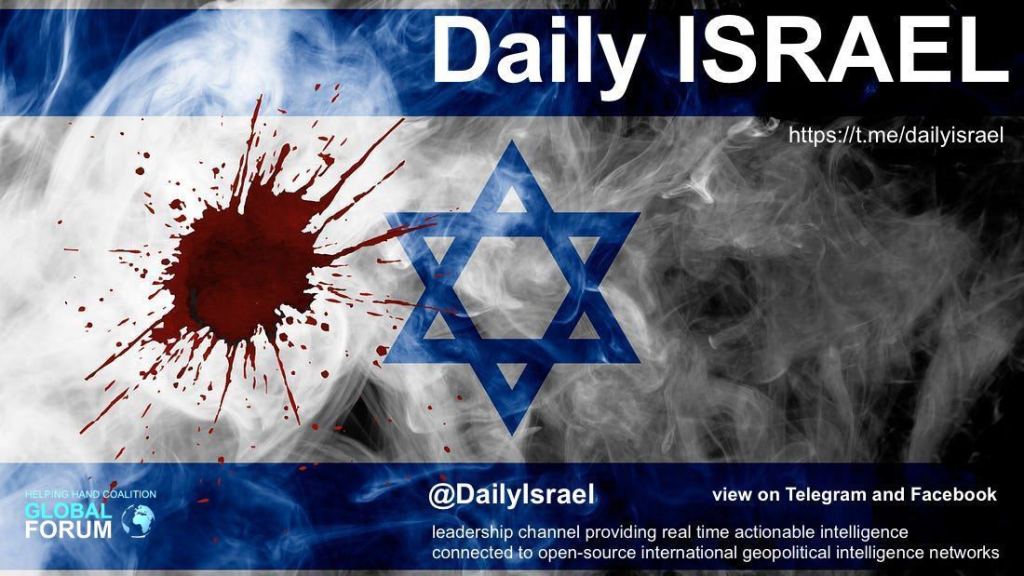 While International Holocaust Remembrance day is held on Jan. 27 on the 1945 liberation date of the German death camp Auschwitz, the special Holocaust Remembrance day in Israel is based on an earlier event — the Warsaw Ghetto uprising of 1943 in neighboring Poland.
While International Holocaust Remembrance day is held on Jan. 27 on the 1945 liberation date of the German death camp Auschwitz, the special Holocaust Remembrance day in Israel is based on an earlier event — the Warsaw Ghetto uprising of 1943 in neighboring Poland.
Its full name is Holocaust and Heroism Remembrance Day, colloquially known as Yom HaShoah – Holocaust Day. It falls in April or May as it is commemorated on the 27th day of the first month in the Jewish calendar.
At the same time, in Poland the annual educational “March of the Living” takes place where students from around the world walk to remember the death marches of World War II.
In Israel, Yom HaShoah is a regular work day, but an official day of mourning. Non-religious ceremonies begin at sundown and are held throughout the day. At 10 a.m. sirens blow for two minutes and silence descends across the country. Everyone stands in respect and even traffic comes to a complete stop.
As it is a solemn day, public entertainment is forbidden. This means that restaurants, pubs and theaters are closed. Even the State television channels are forbidden from broadcasting anything except Holocaust-themed movies, documentaries and interviews with Holocaust survivors.
The main objective of Yom HaShoah is to emphasize the importance of remembering and recalling the victims of the Holocaust and ensuring that such a horror never happens again. Ironically, despite a government decision to expand welfare services within Israel for this demographic, most Holocaust survivors in Israel are barely surviving.
Last week, Israel’s State Comptroller Yosef Shapira published a report exposing the government’s failure to assist Holocaust survivors who are dying at the rate of 1,000 a month as a result of what he called poor government coordination, a failure to use funds already budgeted and complex laws that the aging and or ailing survivors are unable to navigate.
“More than 70 years after the end of World War ll, survivors are living in Israel today in conditions that are not worthy, or their various needs are not being met in a satisfactory way,” Shapira stated in the report.
Shapira ended the annual report by blaming the Holocaust Survivors’ Authority at the Finance Ministry.
“The way the state treats Holocaust survivors at the end of their days is likely to influence the memory of the Holocaust for future generations and to serve as a test case for its treatment of the entire elderly population in Israel,” he said.
The average age of Holocaust survivors is 85 and some 158,000 survivors live in Israel, in addition to 56,000 individuals recognized as the victims of racism and anti-Semitism from the Former Soviet Union and other locations.
KNI spoke to two believing organizations who are actively involved in helping these people on a daily basis.
CBN Israel, based in Jerusalem, has numerous projects to help a large spectrum of Israeli citizens including Holocaust survivors. Deputy Director Daniel Carlson said that their work is made possible through funding from mostly Christian organizations abroad. They work in 16 cities throughout Israel and distribute around 1,300 care packages weekly. The team is instrumental in assisting in a hands-on way through six Messianic congregations who know the exact needs of the elderly, hungry, frail and or ill Holocaust survivors.
We spoke to Sarah Gasiorowski of Helping Hand Coalition (HHC), which is celebrating its 10th anniversary this year. HHC also focuses on bringing humanitarian aid to survivors who live under the poverty line. In addition, they provide social activities for lonely survivors.
“One of the unique aspects of our organization is that we operate on a full-time daily basis to serve survivors in need,” Gasiorowski said. “Our work is to love the Holocaust survivors by caring for them and filling the last years of their lives with love, joy and warmth. It is about giving them comfort after all they have suffered through and a voice so that the horrors of the Holocaust will never be forgotten.”
Daily they distribute aid in the form of food, clothing, furniture, heaters, blankets, as well as food vouchers and personal sponsorship programs for thousands of individual survivors. They also host weekly gatherings of 10 to 15 survivors for a meal at a volunteer’s home where these elderly folk can celebrate occasions, sing songs and enjoy fellowship.
The HHC provides for medicine and medical bills, free dental care (such as dentures, bridges, implants, crowns), free eyeglasses and medical bracelets. They host large scale celebrations, concerts, ballets and gala dinners as well as bar and bat mitzvahs for survivors who missed theirs in childhood.
Another important aspect of their work is preservation of Holocaust stories. They collect and publish the stories of those who suffered from and survived the Holocaust. The HHC even provides health programs which includes trips to mineral health spas and fitness clubs for physical therapy.
“We have been able to help hundreds of thousands of survivors over the years, and continue to reach tens of thousands on a yearly basis in over 70 cities around Israel,” Gasiorowski said. “Of most importance for us is developing relationships with the survivors. We visit their homes on a regular basis to see how they are doing, spend time with them, and show them that they are not forgotten and are cared for.”
Most of HHC’s support comes from Christians from all over the world. They work with international and local organizations, as well as the Israeli government to meet the needs of the survivors. The work over the last decade has resulted in increased awareness of the destitution of survivors in Israel and the release of millions in government funds to support those who were forgotten.
https://kehilanews.com/2017/04/24/believing-organizations-reach-out-to-holocaust-survivors/
Categories: Uncategorized












